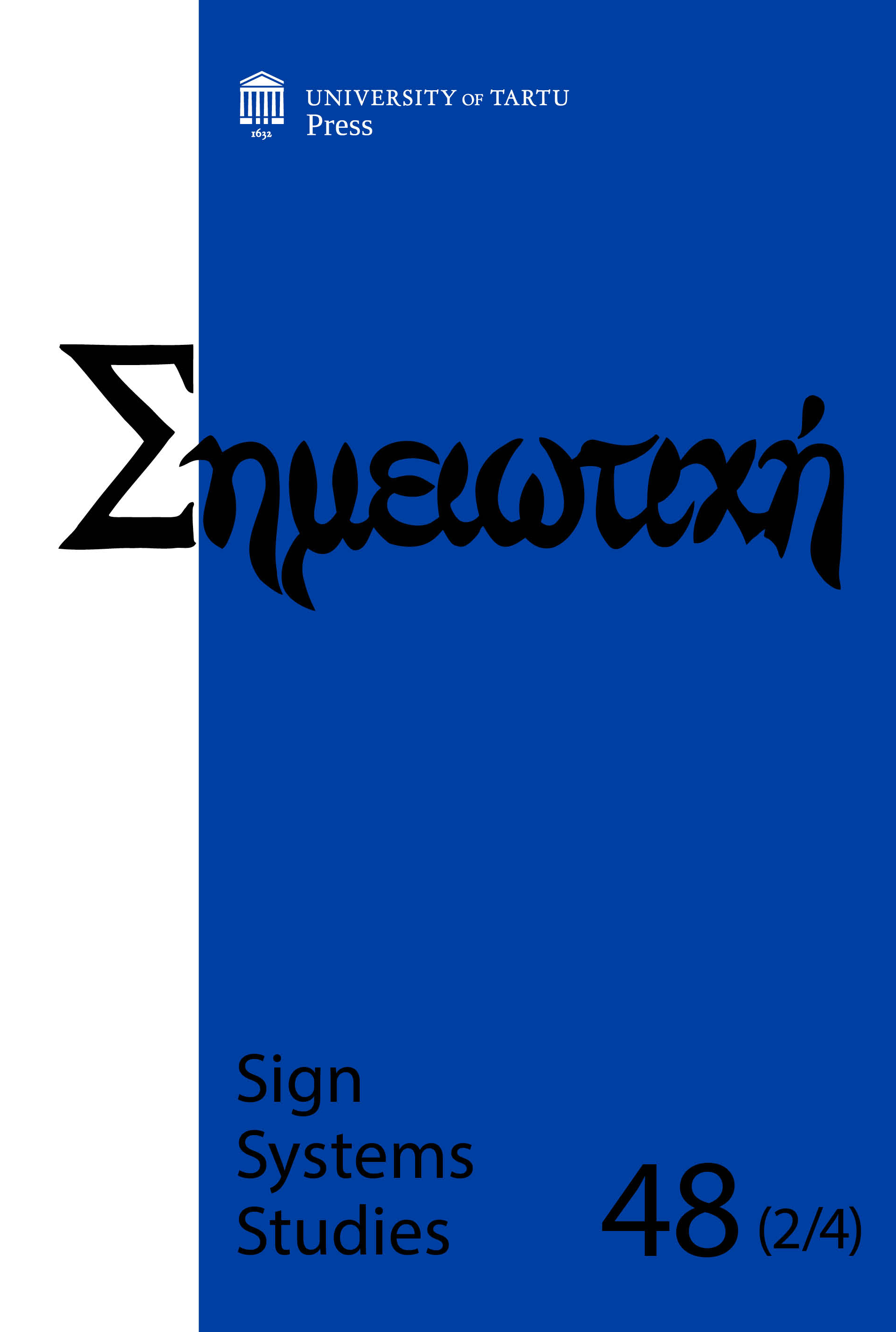Uexküll and Whitehead on meaning, process and life
DOI:
https://doi.org/10.12697/SSS.2020.48.2-4.11Keywords:
Jakob von Uexküll, Alfred Whitehead, meaning, process, lifeAbstract
The paper approximates Jakob von Uexküll’s theory of meaning and the process-thought in Alfred Whitehead’s philosophy. As the main idea, the paper points at the compatibility of meaning and process according to the perspectives of Uexküll and Whitehead. It suggests that Uexküll’s common meaning rule can describe the processes of novelty in the world as does Whitehead’s principle of creativity. It is also suggested that Uexküll and Whitehead abandon a substantialist view of the organism – the organism means much more process, activity and creation than anything thing-like. In approaching Uexküll’s theory of meaning, a semiotic interpretation of Whitehead’s principle of creativity is proposed in which the concept of the threshold is fundamental to defining the boundary between the semiotic and the non-semiotic areas corresponding to the living (animate) and the non-living (inanimate). In conclusion, the paper suggests that the activity of meaning distinguishes animate entities from inanimate ones in the sense that meaning and life overlap – meaning could not have existed prior to life (and to the contrary).


